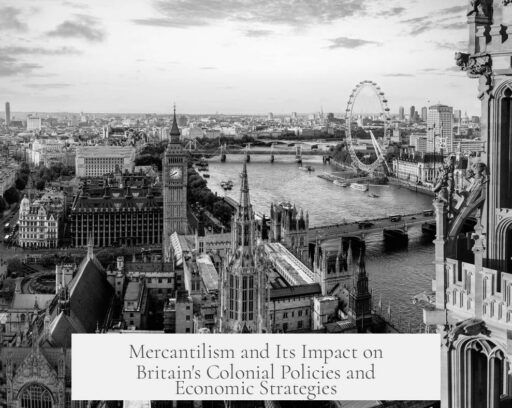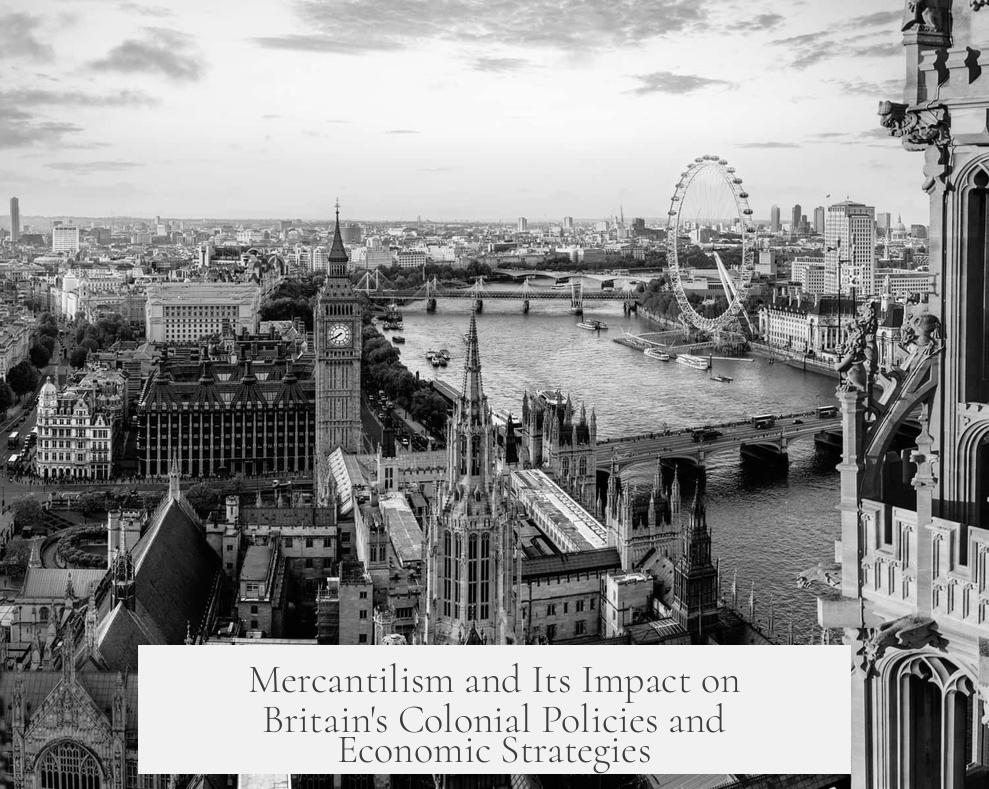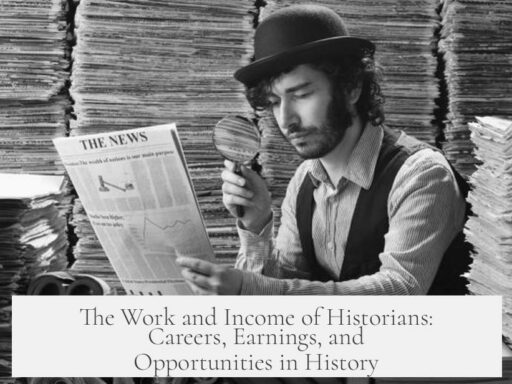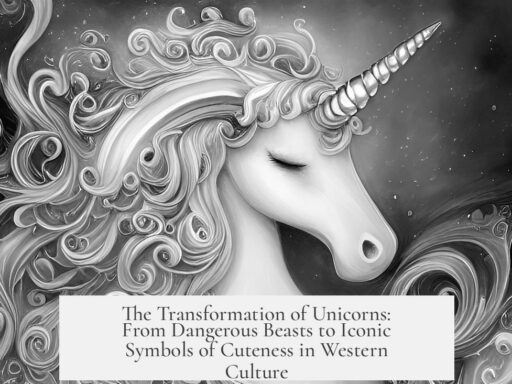Mercantilism in relation to Britain’s colonial administration refers to the economic policies that aimed to strengthen the mother country’s wealth and power through control over colonial trade and resources. This system emphasized the accumulation of precious metals and favorable trade balances by restricting colonial trade, ensuring colonies supplied raw materials to Britain and purchased its manufactured goods. British colonial administration applied mercantilist principles by regulating trade via laws like the Navigation Acts, limiting colonies’ economic activities to benefit the British economy.
Mercantilism in this context is not a fixed or neatly defined ideology. Historical evidence shows it lacks coherence as a unified economic theory. Instead, it is a collection of ideas and practices widely accepted in Europe from the 1500s to the early 1800s. These policies often reflected pragmatic state goals rather than strict theoretical consistency. Key actors and theorists linked to mercantilism disagreed among themselves, indicating no single intellectual program labeled “mercantilism” was ever formalized or universally embraced.
Importantly, the term “mercantilism” originated not as a self-identification but as an intellectual exonym invented later to describe the economic practices of the time. Few contemporaries called themselves mercantilists or saw their policies as part of a distinct economic system. The concept developed retrospectively, which complicates attempts to summarize mercantilism as a coherent doctrine for Britain’s colonial governance.
Adam Smith, often called the father of modern economics, played a crucial role in framing the understanding of mercantilism. Although he never used the word “mercantilism,” he referred to the “mercantile system” critically in his 1776 seminal work, *The Wealth of Nations*. Smith argued that the mercantile system was marked by monopolies granted by the state, intertwining political and commercial interests to the detriment of economic growth and public welfare.
| Aspect | Smith’s Critique |
|---|---|
| Monopolism | Legal monopolies sold by kings limited competition and favored powerful merchants. |
| Confusion about Wealth | Wealth was seen as fixed treasure, ignoring labor as the true source of value. |
| Trade Policies | Restrictive laws stifled commerce and specialization. |
| Economic Consequences | Policies slowed economic progress and favored the rich over the poor. |
Smith saw mercantilism as a system that hindered economic efficiency and growth. He identified it as a “straw man” against which he argued for free trade, specialization, and labor as the basis of wealth. His critique cast the mercantile system as a conspiracy between merchants and politicians that prioritized state revenue and elite interests over general prosperity.
Britain’s colonial administration implemented mercantilist policies to maintain its dominance. The colonies formed sources of raw materials not available in Britain and markets for British manufactured goods. British authorities passed laws—such as the Navigation Acts starting in 1651—that restricted colonial trade connections. The Acts required goods to be transported in British ships and often sold or bought through British ports.
This regulation ensured colonies stayed economically dependent on Britain. Colonies could not develop independent manufacturing sectors or trade freely with other nations. British merchants and the Crown benefited from the flow of bullion and wealth. Such policies also sought to ensure a favorable balance of trade for Britain, accumulating gold and silver reserves which were believed to signify national wealth and power.
Over time, mercantilist policies caused friction in the colonies as they limited economic freedom and growth potential. This tension was a factor leading to colonial discontent and, eventually, the American Revolution. The colonial administration’s mercantilist approach prioritized empire-building and state control over the colonies’ economic development.
- Mercantilism shaped Britain’s colonial economic policies focusing on controlling trade and accumulating precious metals.
- It was never a formal ideology; rather, a loose set of beliefs and government practices.
- Adam Smith critiqued mercantilism for monopolies, trade restrictions, and misdefined wealth.
- British colonial trade policies enforced mercantilist goals via laws like the Navigation Acts.
- These policies benefited Britain’s economy but created colonial economic dependence and discontent.
What is Mercantilism in Relation to Britain’s Colonial Administration?
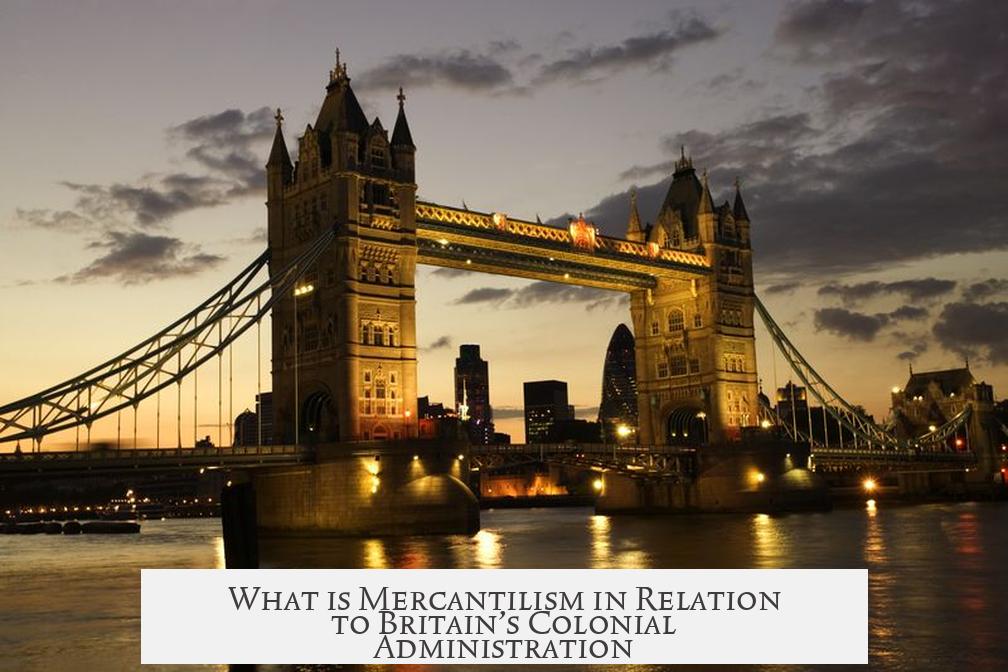
Mercantilism, in the context of Britain’s colonial administration, was an economic policy framework guiding the empire’s approach to trade, wealth, and control of its colonies — though it never really existed as a straightforward, coherent system. Yep, you read that correctly: the whole thing is kind of a messy jumble rather than a neat theory. Stick with me here, because unraveling this tangled cluster of policies explains a lot about how Britain managed its empire and why it mattered.
First off, forget the idea that mercantilism was a tidy doctrine. Historians and economists often describe it as a set of widely held beliefs in Europe from the 1500s to the early 1800s. But if you dig deeper, it appears more like a grab-bag of practices aiming to boost national power and wealth — mostly by hoarding precious metals, encouraging exports, and restricting imports. The key is control, especially control of colonies.
Why Mercantilism Is More Confusing Than You Think
Calling mercantilism a “body of thought” is generous; many experts argue it never formed a unified ideology. It’s actually an intellectual exonym—a fancy way to say it’s a label others slapped on a variety of economic policies. People practicing these policies rarely described themselves as “mercantilists.” Imagine your neighbors labeling your cooking style “kitchen chaos,” when you’re just making dinner. It’s like that.
This means we’re dealing with an after-the-fact concept made popular largely thanks to Adam Smith in the 18th century. Smith never used the term “mercantilism” but called it the “mercantile system.” This system reflected policies where governments partnered closely with merchants. These merchants often enjoyed monopolies granted through royal favor — not just accidental dominance but legal and state-backed exclusivity.
Adam Smith’s Role: The Good, The Bad, and The Monopolies
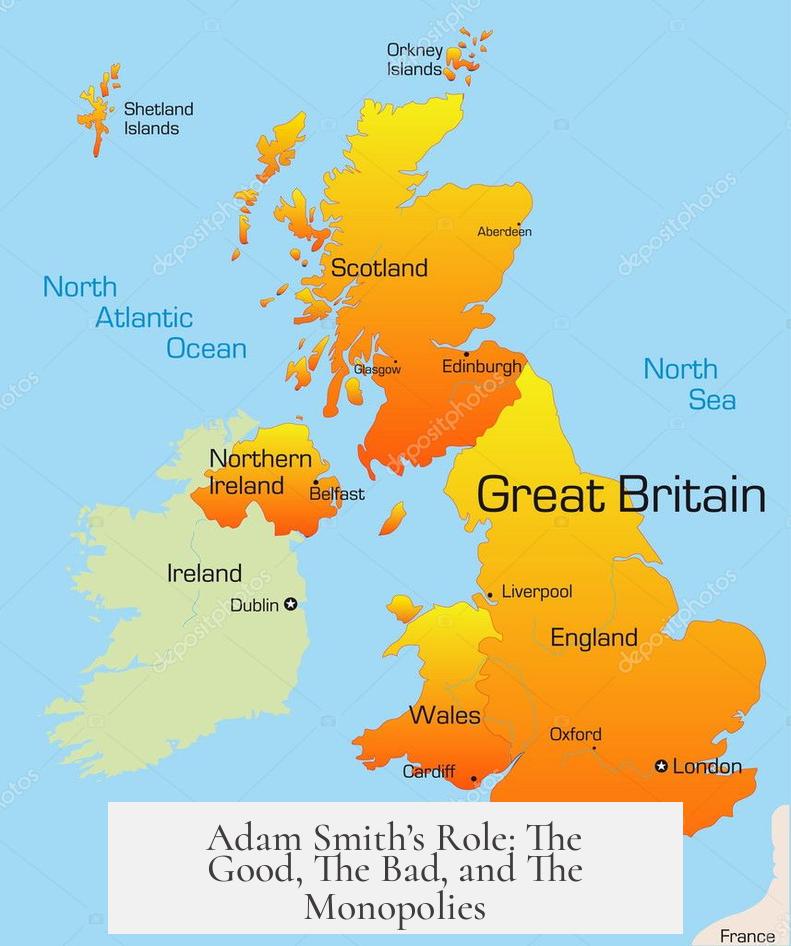
Adam Smith was the first to really tack a name onto these tangled policies, shaping how later generations would see them. His famous critique painted mercantilism as a system full of monopolies, conspiracy between merchants and politicians, and a flawed view of wealth. Smith argued that wealth isn’t just about gold and silver hoardings but about productive labor and dynamic economic growth.
Smith had a bone to pick with mercantilism. According to his logic, monarchs selling legal monopolies was a revenue trick that stifled competition and innovation. This “sale of monopolies” wasn’t just about huge companies getting cozy with kings; it directly hurt ordinary people and slowed commerce. The policy favored the “rich and powerful” while ignoring the welfare of the poor. So much for everyone getting a fair slice of prosperity.
How Mercantilism Shaped Britain’s Colonial Administration
Now, what does all this mean for Britain’s colonies? Essentially, Britain saw its colonies as pieces on a global chessboard, meant to serve the mother country’s economic interests.
- Colonies existed to supply raw materials. Britain wanted valuable resources like sugar, tobacco, and cotton, which it could then process into finished goods back home.
- Trade restrictions were strict. Colonies had to trade mainly with Britain and send goods only to British markets. This ensured a favorable trade balance for the home country.
- Navigation Acts reigned supreme. These laws mandated that goods had to be transported on British ships, bolstering British merchant fleets and controlling the flow of commerce.
- Manufacturing was often discouraged in the colonies. To keep raw materials flowing to England and avoid competition, colonies were limited in their ability to build their own industries.
This approach was all about keeping gold and silver inside the empire and ensuring Britain came out ahead in the global economic game. The colonies weren’t independent economic players; they were extensions of Britain’s manufacturing prowess and treasure chests for precious metals.
Practical Example: The Sugar Trade and Mercantilism in Action
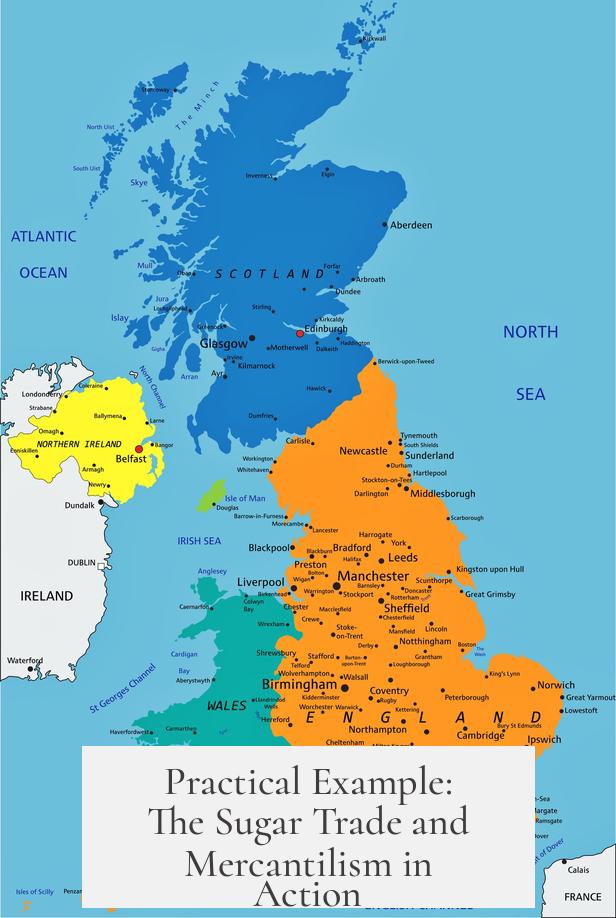
Consider the sugar colonies in the Caribbean — sugar was a killer cash crop, in heavy demand in Europe. Britain made sure the sugar produced was shipped exclusively to British ports. There, British merchants and manufacturers transformed sugar into rum and other goods, further enriching the empire’s economy.
The crown granted monopolies to favored merchants or companies, locking out rivals. This ensured profits flowed back to London and the king’s treasury, rather than to foreign hands. The downside? Colonists felt exploited, which planted seeds for later discontent and rebellion.
So, Is Mercantilism Worth the Hype?
Mercantilism, in Britain’s colonial context, isn’t some perfectly designed or debated body of theory. Instead, it’s a messy set of policies and practices that evolved based on practical concerns: securing resources, controlling trade, and enriching the state and its favored insiders.
But does that mean mercantilism was a failure? Not exactly. It helped Britain build a vast maritime empire and accumulate wealth that would fund its rise as a world power. Yet, it also created tensions with colonies who wanted freer trade and more autonomy. The mercantile system’s flaws, as highlighted by Adam Smith, eventually became arguments for a new economic age—one championing free trade and competition.
Final Thoughts: What Can We Learn Today?
Understanding mercantilism helps us see how economic theories and real-world policies don’t always align. Colonial mercantilism was effective in its era but also sowed discord by prioritizing narrow interests.
Next time you hear “mercantilism,” remember it’s less a neat ideology and more a historical patchwork of control tactics and economic power plays. It was Britain’s recipe for empire-building — a mix of monopoly, math, and a bit of political theater.
And hey, if your “economic policy” makes people grumble and sparks revolts, maybe it’s time to rethink the whole strategy!
What role did mercantilism play in Britain’s colonial policies?
Mercantilism guided Britain to control trade tightly. The colonies supplied raw materials and bought finished goods from Britain. This boosted Britain’s wealth by maintaining a trade surplus.
Why is mercantilism considered a loosely defined concept in Britain’s colonial context?
It lacked a unified theory. Different people supporting mercantilism had conflicting ideas. It was a set of practical policies rather than a strict ideology.
How did Adam Smith’s critique affect the view of mercantilism in Britain’s colonial administration?
Smith criticized mercantilism as harmful, highlighting monopolies and state favoritism. His ideas emphasized labor and free markets, challenging the colonial trade restrictions under mercantilism.
What was the connection between monopolies and mercantilism in Britain’s colonies?
Monopolies were legal privileges sold by the crown. They gave exclusive trading rights in colonies to certain merchants, limiting competition and benefiting the British state financially.
Why did Britain favor mercantilist policies despite Adam Smith’s criticism?
Britain prioritized increasing its treasure and power through controlled trade. Colonies played a key role in this economic strategy, even if it conflicted with emerging economic theories.
